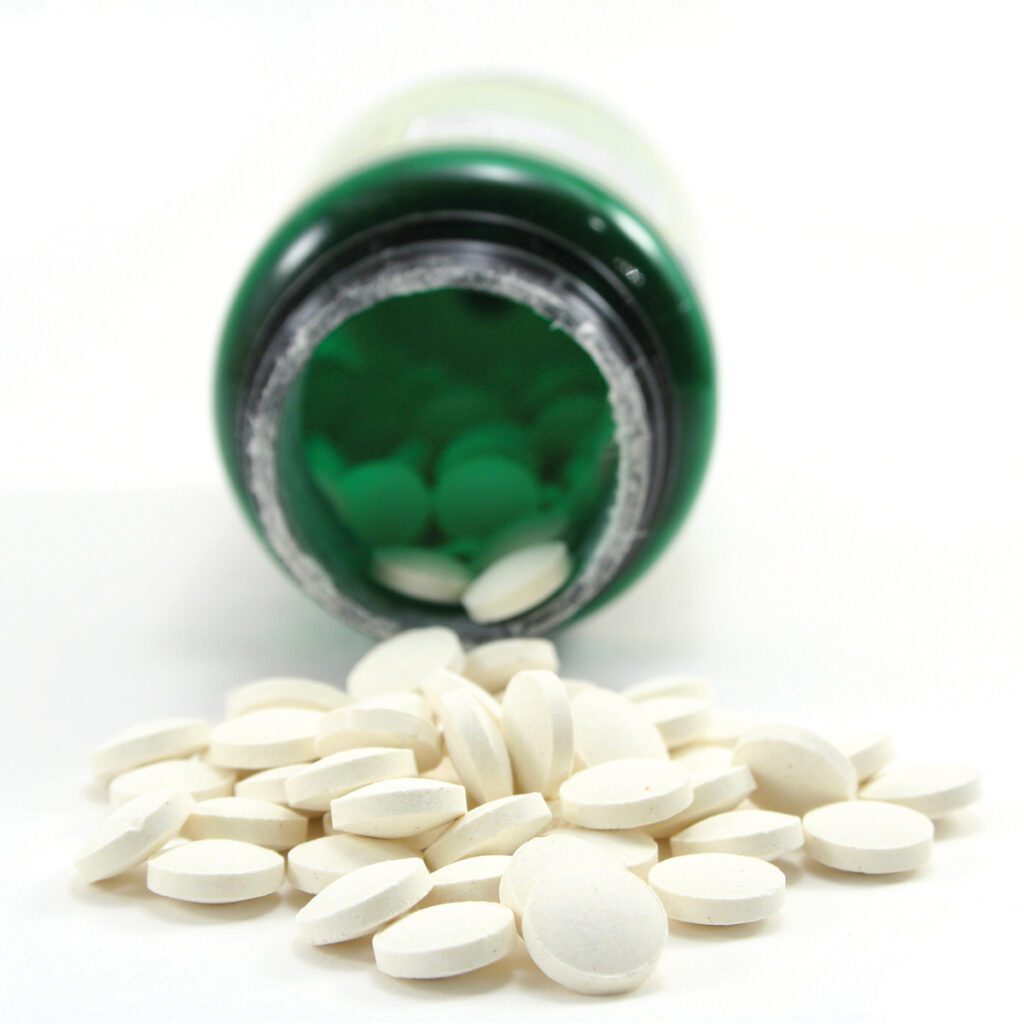For Moms
How to effectively communicate with your kids.
Connecting with your children as they grow up is key, but it’s difficult to always communicate effectively. The American Psychological Association suggests to start by noticing times when your kids are most likely to talk and be available.


If you have multiple children, carve out time each week for a one-on-one activity with each of them. The Association recommends you take this time to learn about your child’s interests, but try not to be invasive – initiate conversations by discussing a topic instead of asking questions. When they talk, listen to their point of view, try not to interrupt, and repeat what they said to make sure they’re understood. To respond, the Association suggests the following.
- Soften strong reactions; kids will tune you out if you appear angry or defensive.
- Express your opinion without putting down theirs; acknowledge that it’s okay to disagree.
- Resist arguing about who is right. Instead say, “I know you disagree with me, but this is what I think.”
- Focus on your child’s feelings rather than your own during your conversation.
Source: American Psychological Association
Purposeful Parenting
Follow these steps to feel more fulfilled. There’s no such thing as a perfect parent, but by following these steps, as outlined by Nemours KidsHealth, you can feel more fulfilled in your parenting role.
Boost their self-esteem.
Your words and actions as a parent affect your child’s ever-developing self-esteem. Praising accomplishments will make them proud, and allowing them independence will help them feel confident.
Compliment instead of criticize.
As a parent, it’s your job to reprimand your child when they do wrong. But don’t forget to give positive reinforcement as well. Try to find something to compliment each day to nurture more of their best behavior.
Be flexible.
You might think you have it all figured out, but being able to adjust will be good for you and your child. Usually, what works now, won’t work a few years down the road.
Know your limits.
Recognize your strengths and vow to work on your weaknesses. Just as you should have realistic expectations for your kids, have them for yourself as well. And when things get tough, focus on the areas that need the most attention first instead of trying to tackle everything at the same time. Be easy on yourself!
Source: Nemours KidsHealth



For Him
Be mindful of what’s on your plate to keep your levels low.
Different foods play their own unique role in lowering cholesterol, from delivering soluble fiber and providing polyunsaturated fats to blocking cholesterol absorption.



To keep cholesterol levels in the healthy range, one simple way is to take a look at your diet. Add plenty of foods that lower harmful LDL cholesterol and reduce your intake of foods that boost LDL. Here are three foods to pile on your plate to get your cholesterol levels down:
- Beans. It takes time for the body to digest this soluble fiber-rich food source, which means you stay satisfied after eating them for hours to come. Plus, according to Harvard Health, soluble fiber binds cholesterol and its precursors in the digestive system and removes them from the body before they get into circulation.
- Vegetable oils. Start cooking with oils like sunflower, canola, and olive instead of butter to help lower LDL.
- Certain fruits. Pack an apple, grapes, strawberries, and citrus fruits in your lunch bag. These fruits are rich in pectin, which lowers LDL.
Source: Harvard Health Publications
Man’s Best Friend - How Fido Can Help Reduce Stress
Most people can agree that pets make great companions, but studies show that having a fluffy friend at home can have major health benefits too. Having a pet at home has been shown to decrease your blood pressure, cholesterol levels, triglyceride levels, and feelings of loneliness. In addition, a cat or dog companion provides added opportunity for exercise and outdoor activities and opportunities for socialization.
When it comes to heart health, having a pet can make a positive impact. One study by the National Institutes of Health looked at 421 adults who had suffered heart attacks. After one year, the study found that dog owners were more likely to still be alive when compared to those who did not have a dog – regardless of the severity of the heart attack. Numerous additional studies have been conducted with similar results.
Source: Centers for Disease Control, Prevention National Institutes of Health



For The Whole Family
Are reclaimed woods bringing threats into your house?
We get it. Eating a family dinner off a table reclaimed from your grandparents’ first home is nostalgic. But how do you know you aren’t carrying dangerous mold spores or lead paint into the heart of your home with every repurposed piece?
Inspect: If the piece you’re picking up appears to have pests or mold, it’s safest to forego it. Holes, crumbling wood, the presence of bugs, or discoloration are some of the surest signs of a problem.
Detect: Lead paint wasn’t outlawed until 1978, meaning pieces from homes prior to this time could contain lead. A bit of investigation regarding the origin of your find could really pay off in the long run.
Protect: If you love a suspicious looking piece of wood, baking it in the oven at 350 degrees for an hour will kill any pests. Just make sure it’s untreated – you don’t want to produce toxic chemicals. When scraping or sanding questionable paint, always wear proper protective gear – gloves, goggles, and breathing masks.
Sources: Buildingmoxie.com, Houselogic.com
Wash Away - Celebrate National Handwashing Awareness Week
Did you know that December 4-10 is National Handwashing Awareness Week? Handwashing is one of the most effective ways to prevent the spread of infection and illness. During that week, the goal is to decrease the spread of infectious disease through handwashing. Don’t forget to celebrate Handwashing Week every day by washing hands regularly – especially after food prep, coughing/sneezing, petting animals, and using the bathroom. Scrub with soap for at least 15-30 seconds for maximum germ removal. But you’re not done there! Be sure to dry off completely, as germs are more easily transferred via wet hands. Finally, use paper towels over an air hand dryer, as paper towels help remove additional bacteria.
FACT: Air hand dryers have been shown to spread bacteria between three and six feet from the device.
Sources: Centers for Disease Control, Prevention and Businesswire.com
For Her
Why you should be taking folic acid
Have you heard someone suggest taking folic acid? While its name is a bit confusing – acid? – it’s true that all women of childbearing age should consider taking a multivitamin with folic acid each day. According to the March of Dimes, taking folic acid before and during early pregnancy can help prevent birth defects of the brain and spine called neural tube defects (NTDs). Certain studies indicate that folic acid may also prevent heart defects and birth defects such as cleft lip and palate.
According to the March of Dimes, here are the top four things to know about folic acid:
- Taking folic acid before and during early pregnancy can help prevent NTDs in your baby.
- Before pregnancy, take a multivitamin that has 400 micrograms of folic acid in it every day.
- During pregnancy, take a prenatal vitamin that has 600 micrograms of folic acid in it every day.
- Take a multivitamin with folic acid every day, even if you’re not trying to get pregnant.
- You can also get folic acid from foods like beans, leafy green veggies, peanuts, oranges, and asparagus, but it is difficult to get all the folic acid you need just from foods.
- The first week in January is National Folic Acid Awareness Week. Share what you’ve learned about folic acid with a woman you love!
Source: March of Dimes



Beat the Bloat - How to keep your belly from feeling like a beach ball
Putting up with cramps and headaches is enough to make one week each month miserable, but dealing with bloating beforehand? It can become too much. Luckily there are a few ways to ease the uncomfortable bloating you likely feel before your period.



First, realize that the bloating is premenstrual water retention, which is influenced by hormonal changes. Other key factors are heredity, a lack of certain vitamins, or excessive salt in your diet. If bloating gets you down during the week before your period, consider taking steps to help reduce water retention, such as:
Get physical. Those who engage in regular physical activity generally report fewer symptoms of PMS – including bloating.
Limit salt. Try to steer clear of processed foods, which contain excess sodium. Be mindful of sneaky salt sources, like soy sauce and canned soup.
Eat clean. Shun caffeine and alcohol and veer toward fruit, veggies, nuts, seeds, etc.
Source: Mayo Clinic

